

- 033-6902-9692 & 9093085089
- info@gnim.org
.png)

ENGINEERING
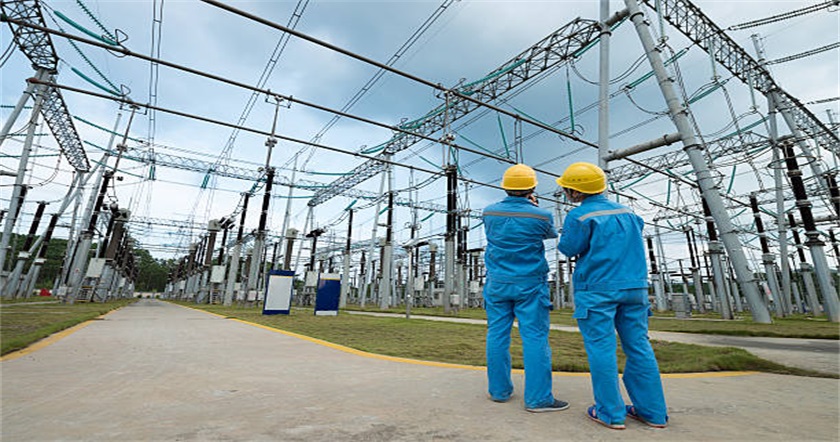
POWER ENGINEERING
Power Engineering Course at Gurukul National Institute and Management (GNIM)
Course Overview:
The Power Engineering course at Gurukul National Institute and Management (GNIM) is a specialized program that focuses on the generation, transmission, and distribution of electrical power. It prepares students to understand the technical aspects of power systems and energy management, along with the necessary skills to work in the power generation and electrical engineering sectors.
This course combines in-depth theoretical knowledge with hands-on training to ensure that students develop a practical understanding of power plants, electrical machinery, and energy efficiency. The Power Engineering program covers key areas such as power generation methods, electrical safety standards, renewable energy technologies, and the design and maintenance of power systems.
Course Duration:
- Duration: 1 year to 3 years (depending on the program structure)
- Mode of Study: Full-time / Part-time options available
Key Learning Outcomes:
- Gain a comprehensive understanding of power systems, including generation, transmission, and distribution.
- Learn how to design, operate, and maintain power generation equipment and power plants.
- Develop expertise in renewable energy systems, such as solar, wind, and hydropower.
- Understand the principles of electrical machines, transformers, and circuit breakers.
- Learn about smart grids, energy efficiency, and sustainable energy practices.
- Prepare to meet industry standards in electrical safety, maintenance, and operations.
Course Content:
- Introduction to Power Engineering:
- Overview of electrical power generation, transmission, and distribution.
- Understanding the role of power engineers in the energy industry.
- Power Generation Systems:
- Different methods of generating electrical power (thermal, hydro, nuclear, and renewable sources).
- Design and operation of power plants, including turbine generators and auxiliary equipment.
- Electrical Machines and Transformers:
- Study of electrical machines, including motors, alternators, and transformers.
- Installation, maintenance, and troubleshooting of these machines.
- Power Transmission and Distribution:
- Principles of high-voltage power transmission and substation design.
- Distribution systems, protection schemes, and fault diagnosis in power networks.
- Electrical Circuit Theory and Network Analysis:
- Understanding of circuit theory, load analysis, and electrical network behavior.
- Hands-on experience in analyzing and designing electrical circuits.
- Renewable Energy Systems:
- Introduction to renewable energy sources such as solar, wind, and geothermal power.
- Solar photovoltaic systems, wind turbine technology, and hydropower systems.
- Electrical Protection and Safety:
- Study of protection systems for power systems, including fuses, circuit breakers, and relays.
- Safety protocols in electrical systems and hazard prevention.
- Energy Management and Efficiency:
- Concepts of energy auditing, conservation, and optimization.
- Design and implementation of energy-efficient systems in power plants and industries.
- Smart Grids and Automation:
- Understanding smart grid technologies, digital meters, and automation in power systems.
- Role of IoT (Internet of Things) in smart grids and data management for efficient power distribution.
- Power System Stability and Control:
- Study of power system dynamics, stability, and control methods.
- Techniques for maintaining grid stability and fault recovery.
Eligibility Criteria:
- Minimum educational qualification: [12th Grade with Physics, Chemistry, and Mathematics]
- A strong interest in electrical systems, power generation, and energy management.
Why Choose GNIM?
- Advanced Infrastructure: GNIM provides state-of-the-art laboratories and equipment, offering students hands-on experience in power generation and distribution systems.
- Experienced Faculty: Learn from industry-experienced faculty members with a deep understanding of power systems and energy technologies.
- Practical Training: The program emphasizes practical training, ensuring that students gain real-world experience with power plants and energy systems.
- Industry-Ready Curriculum: The course content is designed in consultation with industry professionals to ensure students are well-prepared for careers in the energy sector.
- Placement Assistance: GNIM offers robust placement support and has partnerships with leading power and energy companies, helping students secure internships and full-time roles.
- Research and Innovation: GNIM encourages students to explore new energy technologies and participate in research projects related to power systems and sustainable energy.
Career Opportunities: Graduates of the Power Engineering program can pursue a wide range of career opportunities in the power and energy sectors, including roles in:
- Power Plant Engineer
- Electrical Engineer (Power Systems)
- Renewable Energy Engineer
- Electrical Maintenance Engineer
- Energy Auditor
- Smart Grid Specialist
- Power Systems Designer
- Transmission Line Engineer
- Energy Efficiency Consultant
Enroll Today:
Start your journey towards becoming a skilled professional in the power and energy industry with the Power Engineering course at Gurukul National Institute and Management (GNIM). Gain the expertise to design, operate, and maintain the power systems of the future. Enroll today and contribute to shaping the global energy landscape!
For More Information:
For further details about the course please contact us at:
- Phone: 033-6902-9692
- Email: info@gnim.org
Address: RDB Boulevard, GP, EP Block, Sector V, Bidhannagar, Kolkata- 700091





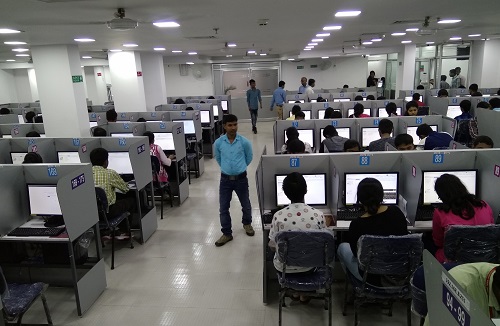
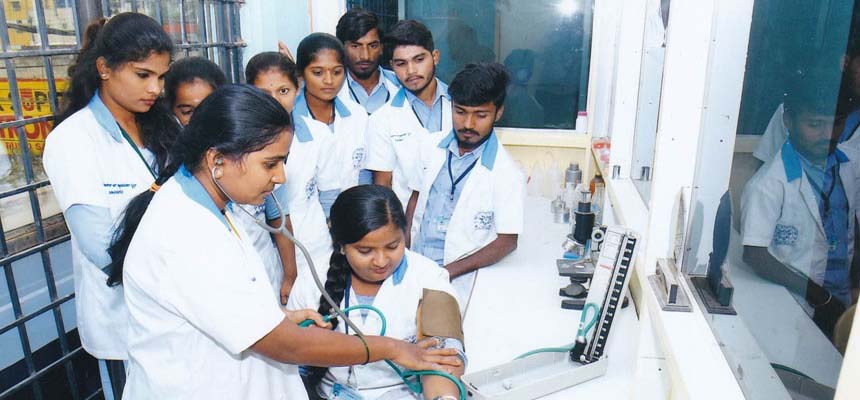
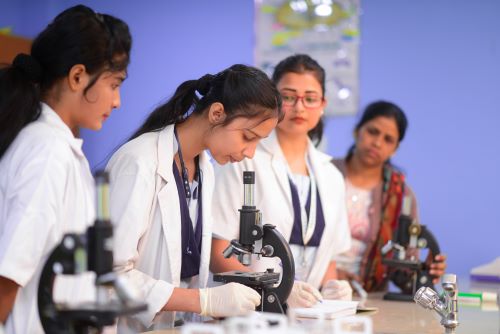

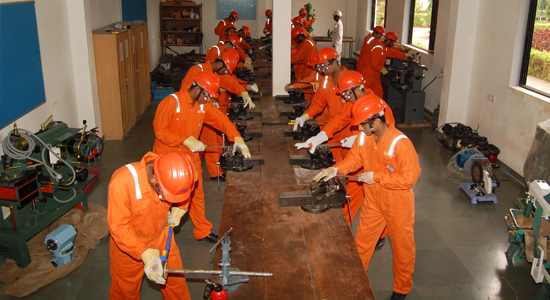


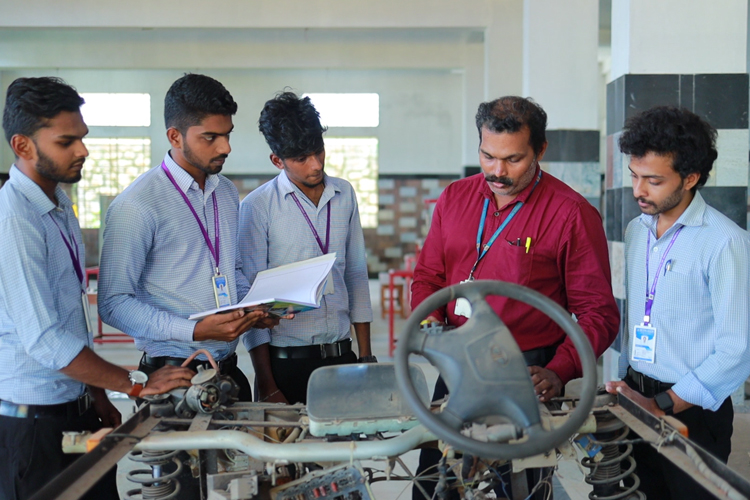
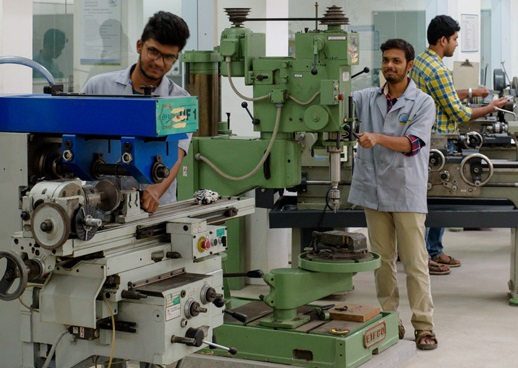

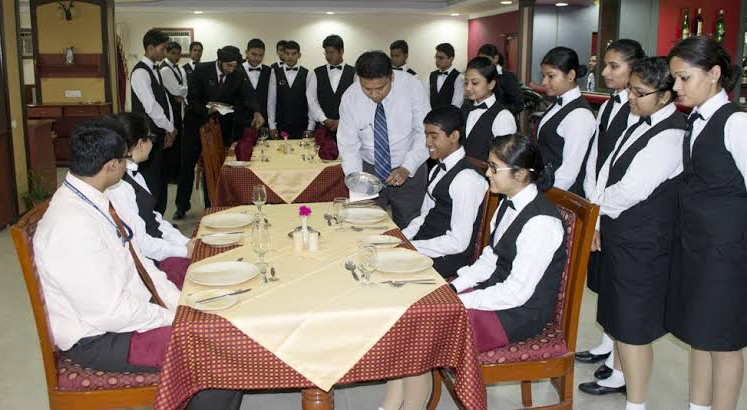






















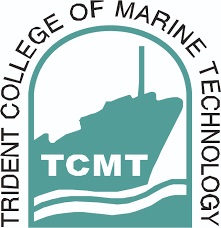






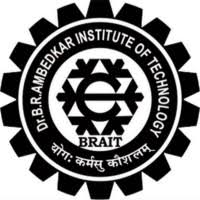
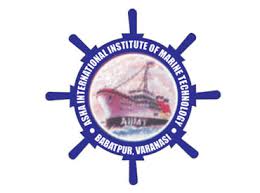

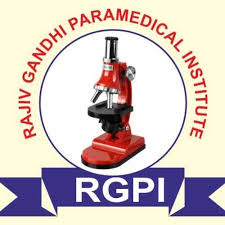
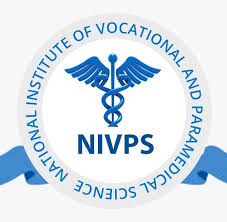
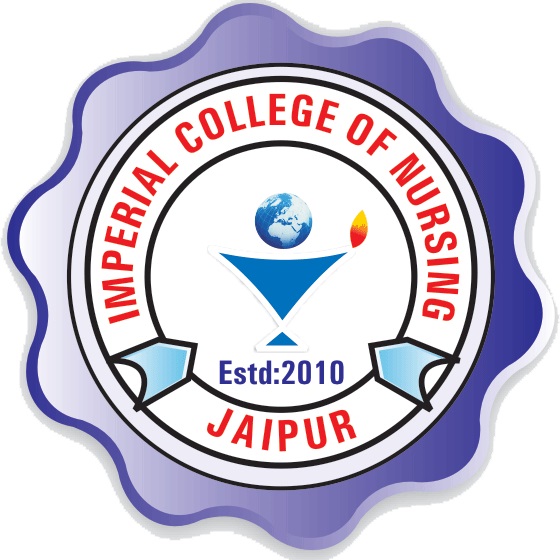
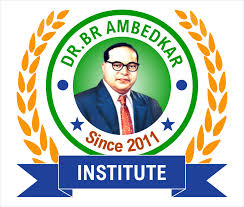





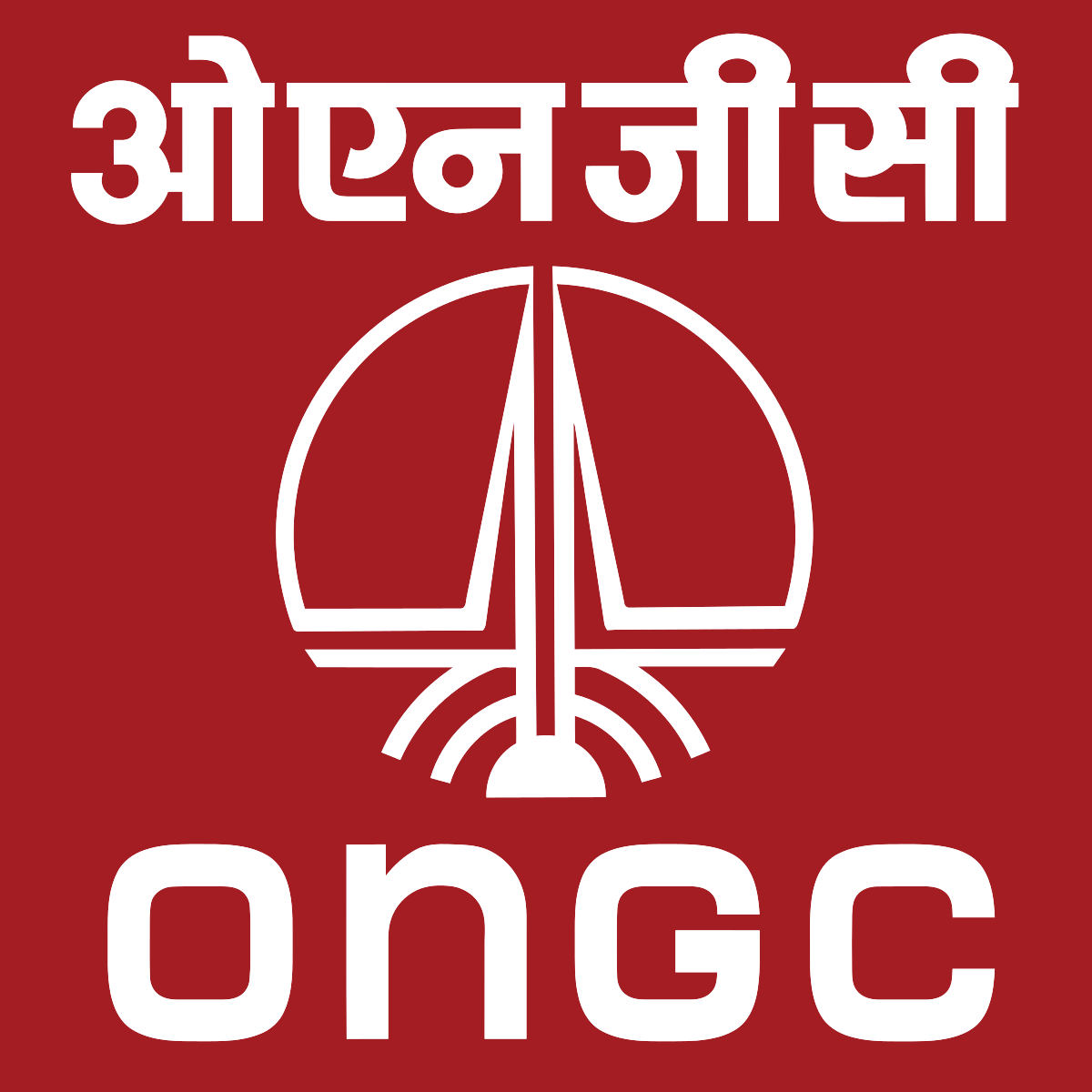

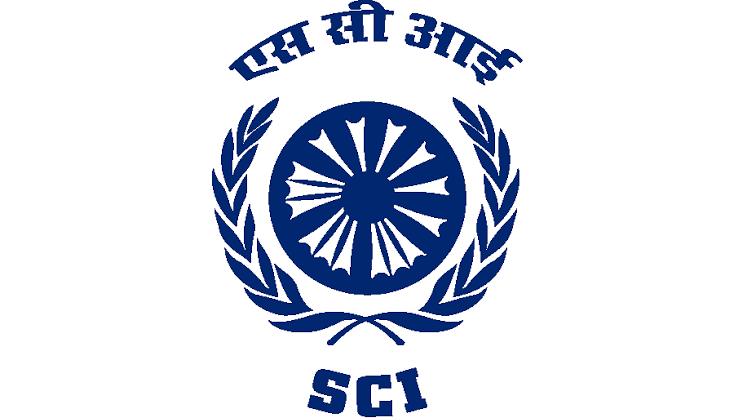













.png)
.png)
.png)
.jpg)

.jpg)